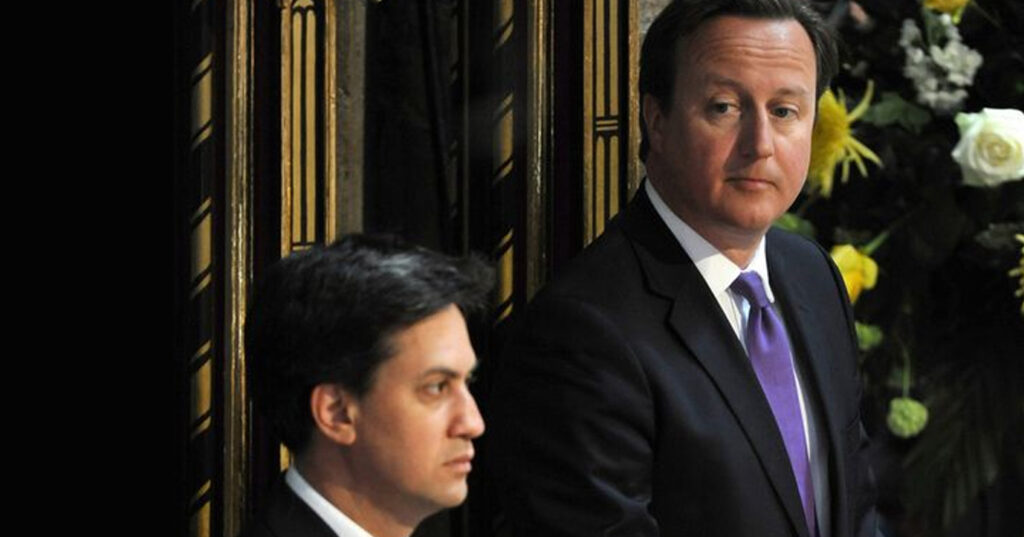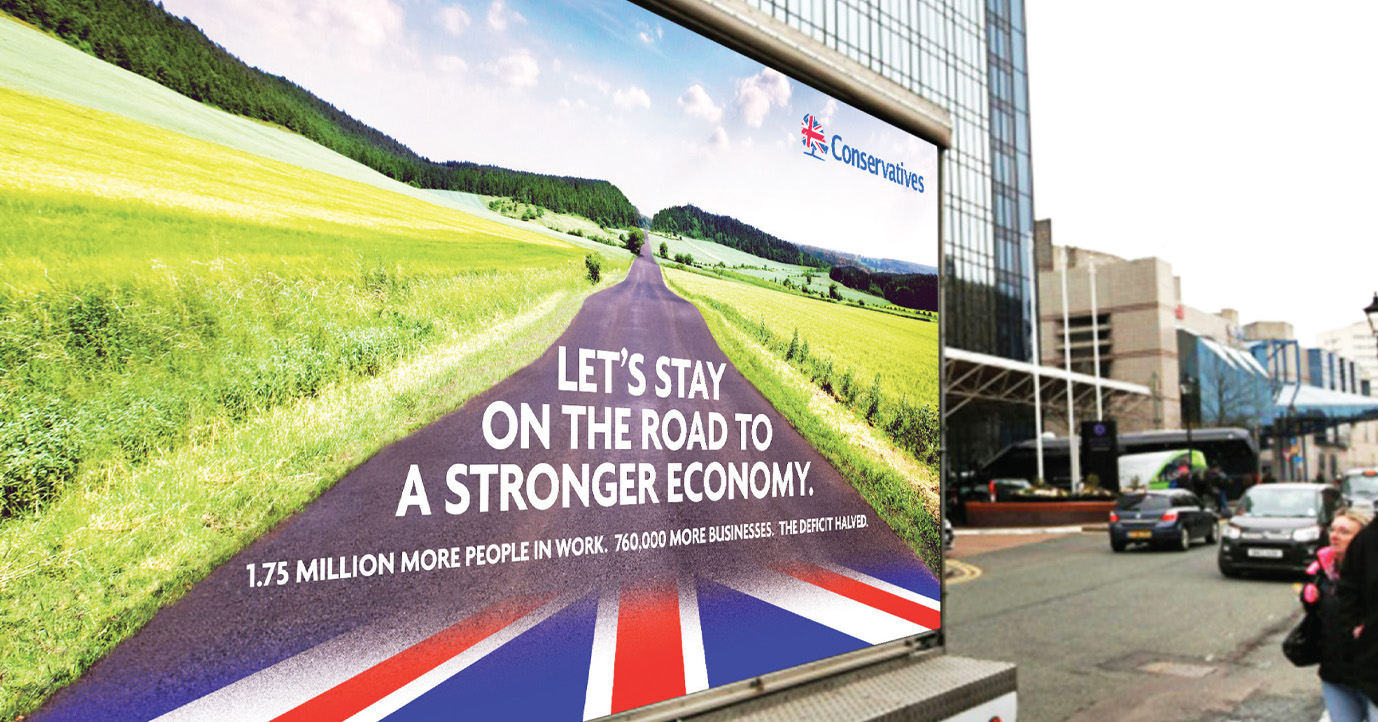
This article first appeared in the Mirror.
From the moment the Lib Dems joined the Conservatives in coalition, the next election was Labour’s to lose. Half the people who had voted for Nick Clegg’s party – many of them wanting to keep the Tories out – went straight to Labour, giving their new leader Ed Miliband a big head start. Worse, from the David Cameron’s point of view, Labour could still win outright with a lower share of the vote than the Tories could – and the Lib Dems locked in Labour’s advantage by blocking a plan to make constituency boundaries fairer.
The trickle of Tory voters towards UKIP has made life even more difficult for Cameron. And as I found in my recent poll of marginal seats, things look even tougher for the Conservatives on the key battlegrounds than they do nationally. Not surprisingly, the bookies have Labour as firm favourites to return to government.
So why, as a Tory, do I think we are in for the closest election for forty years – and that we could see another term of Prime Minister Cameron?
First, the choice of PM. In my latest survey Cameron trounced Miliband when it came to representing the UK, leading a team, and knowing what he wanted to achieve. Most thought Cameron would perform better overall, and one in five Labour voters said that even though they weren’t satisfied with him they would rather see him in the job than Ed Miliband.
Second, the economy. Things are starting to pick up, and my poll found voters were now more likely to be optimistic than pessimistic. They trusted Cameron and Osborne to run things more than Miliband and Balls by a huge margin.
Third, Miliband is doing surprisingly little to address the worries that people have about his party. Most voters – including two fifths of those who say they would vote Labour tomorrow – fear Labour would spend and borrow more than the country can afford, and has not learned the right lessons from its time in government. While the coalition wants to cut benefit bills, Labour seems to oppose all the welfare reforms – which are popular with the great majority of voters.
Miliband has decided to play to Labour’s strengths. Voters are much more likely to see Labour as the party that understands and cares about ordinary people. That is why he talks about the cost of living. And he is onto something with his argument that many hard-pressed people do not think the economy works for them. If there is a recovery, they doubt they will have much to show for it. Some of my earlier research revealed that many swing voters are what I described as ‘Suspicious Strivers’, who feel their situation is precarious and that their hard work does not being the rewards it should. The battle for their votes will be one of the most important of the next two years.
It was striking that Cameron this week did not try to match some of the specific policies, like the fuel price freeze, that they set out at the Labour conference. Labour have high hopes for these ideas but I doubt they will transform many people’s view of Miliband. However much they may like an idea in theory, for it to be effective they also have to think the person whose idea it is has the clout to make it work.
The Tories have decided that rather than suggest single ideas that many think sound unworkable, it is more important to show they can run the economy in general – and that only by doing that properly will we see higher living standards. Just as important, they are reminding voters that the recovery is not in the bag yet. In fact there are more cuts to come, not just before the election but after it. The Conservatives may score better when it comes to the big picture and making tough decisions, but people will want to hear more about how they and their families will fare in Cameron’s “land of opportunity”.
Labour support in the marginals is no higher than it was two years ago, but UKIP’s poll rating has tripled. My poll found Labour 14 points ahead of the Tories, by 43% to 29%, with the Lib Dems on 8% and UKIP on 11%. In fact only a quarter of voters defecting from the Conservatives now say they will vote UKIP instead – though that is little comfort to Conservative MPs sitting on tiny majorities.
But it’s not just former Tory voters who want to give all the parties a kicking; many traditional Labour supporters are also tempted to vote “none of the above”. Don’t forget UKIP came second in by-elections last year in Rotherham and Middlesbrough.
And while Europe is not the most important issue for most potential UKIP voters, it is for some – and as things stand only a Conservative government will give them the in-out referendum they want. This leaves Miliband with a dilemma. Will he match Cameron’s referendum pledge, taking the issue off the table but raising the possibility of Britain leaving the EU under his premiership? Or refuse, giving Cameron a clear run at Eurosceptic voters – but at the same time tempting the Tories to put Europe at the centre of their campaign, when most voters want to hear about the economy and public services? It’s a big decision.
People in politics may think of little else, but for most normal people the election is still ages away. As it looms into view, the question of how to vote will start to matter more. Those who say today that they will vote Labour will have to decide whether they really trust the party with the public finances and whether they really want to see Ed Miliband at Number 10. Former Tories who are attracted to UKIP, whose votes could deny Cameron a second term and put Labour in office, will ask themselves the same question.
Two years before the last election the polls pointed to a huge Tory majority – and we know how that turned out. We are in for a fascinating campaign.


